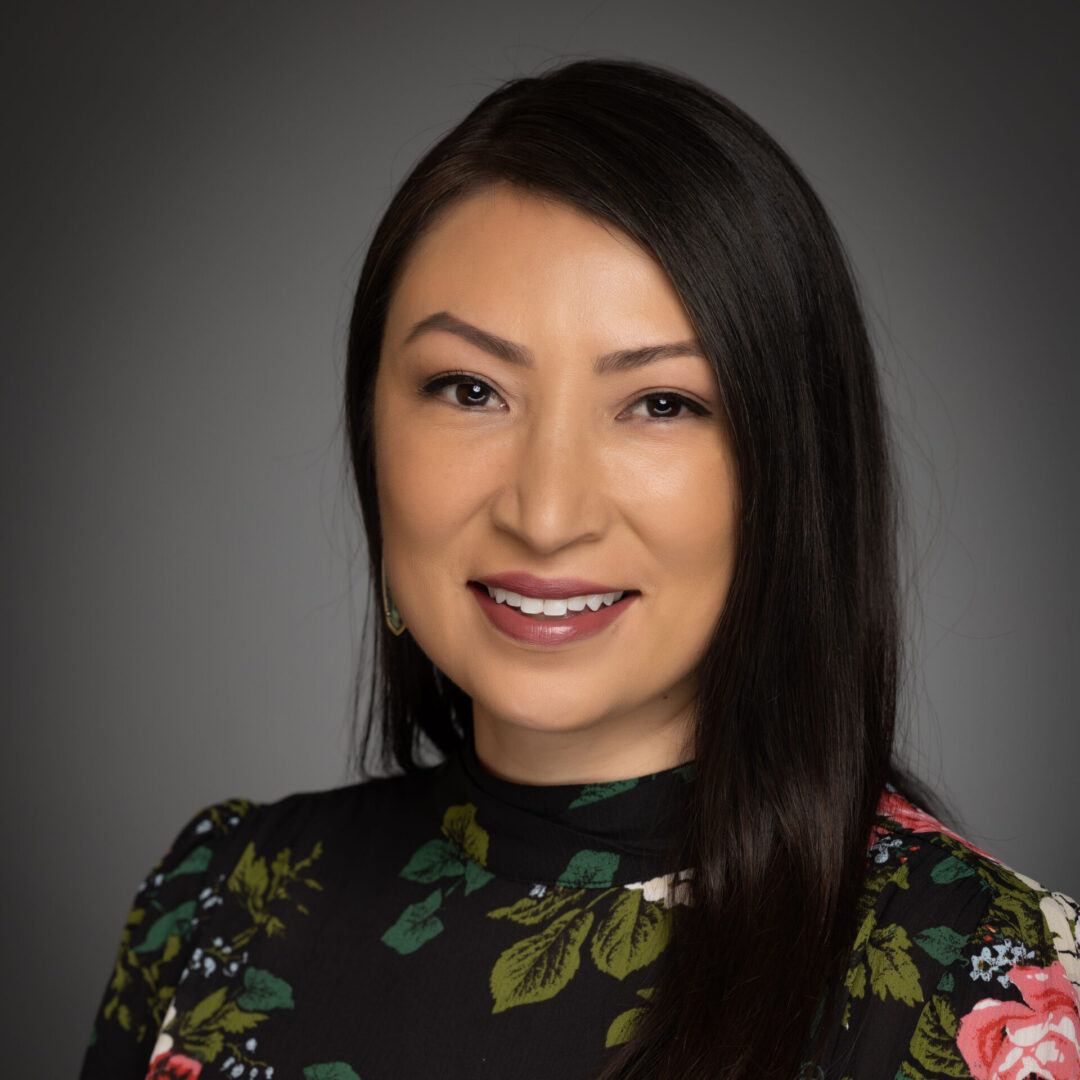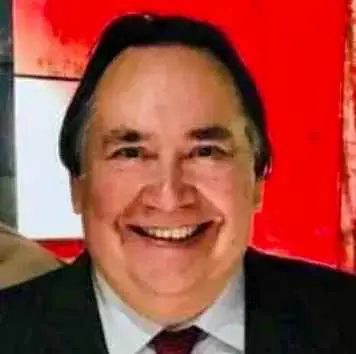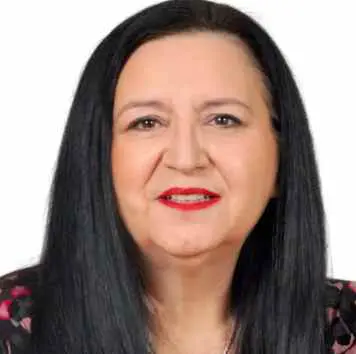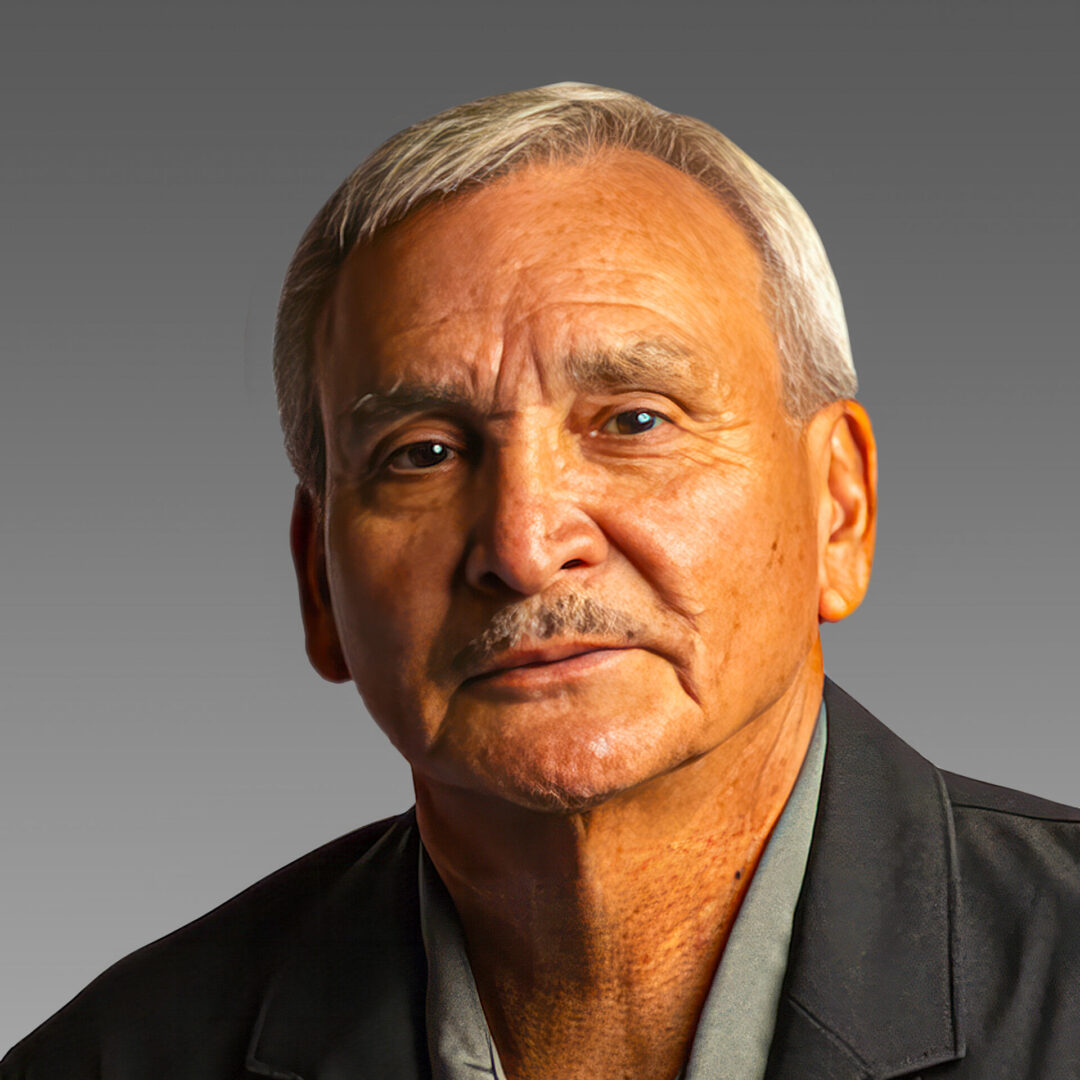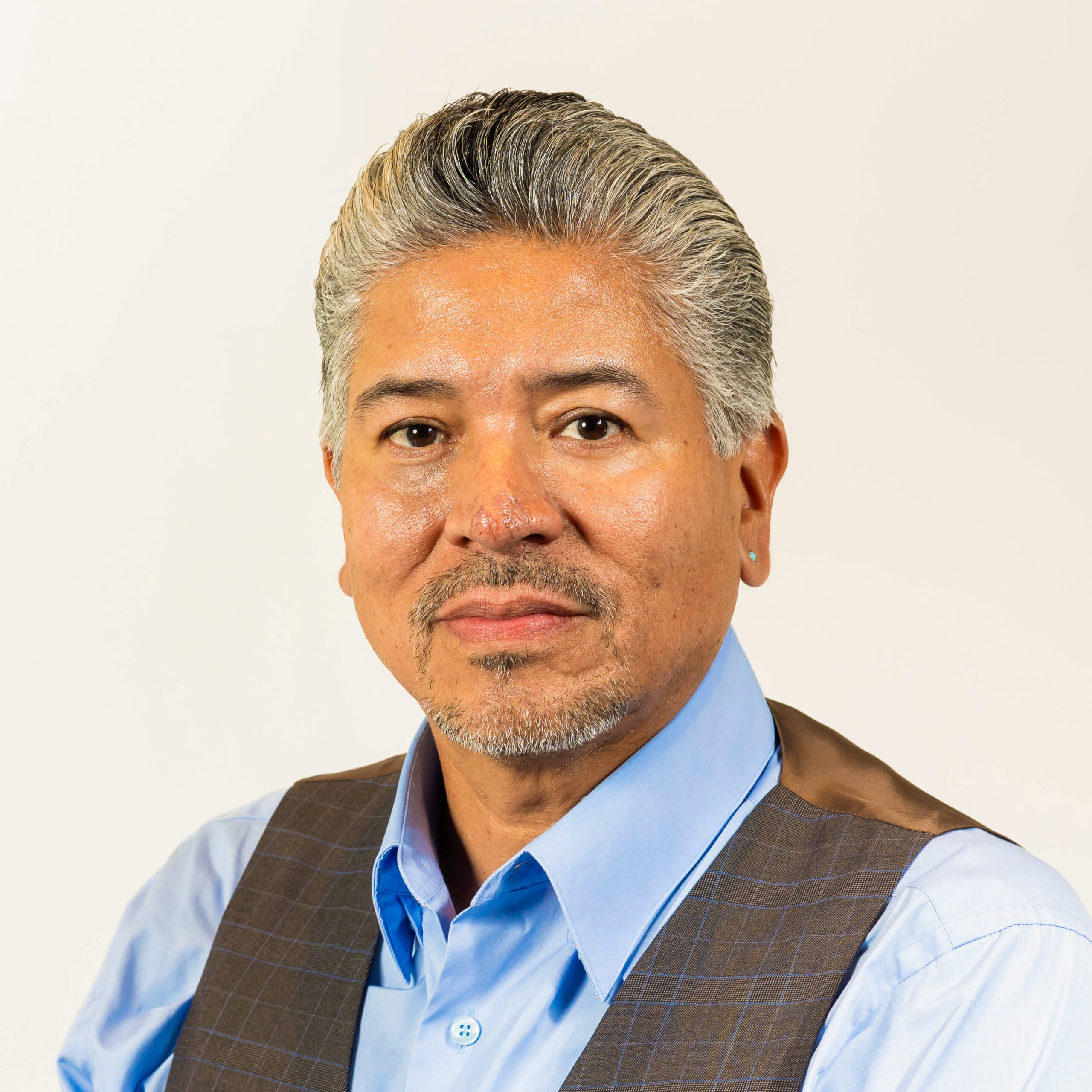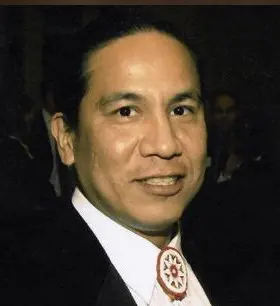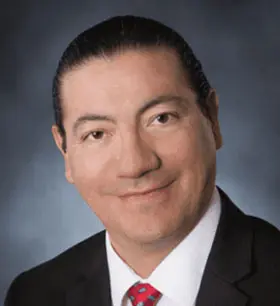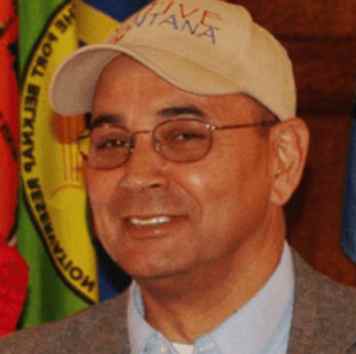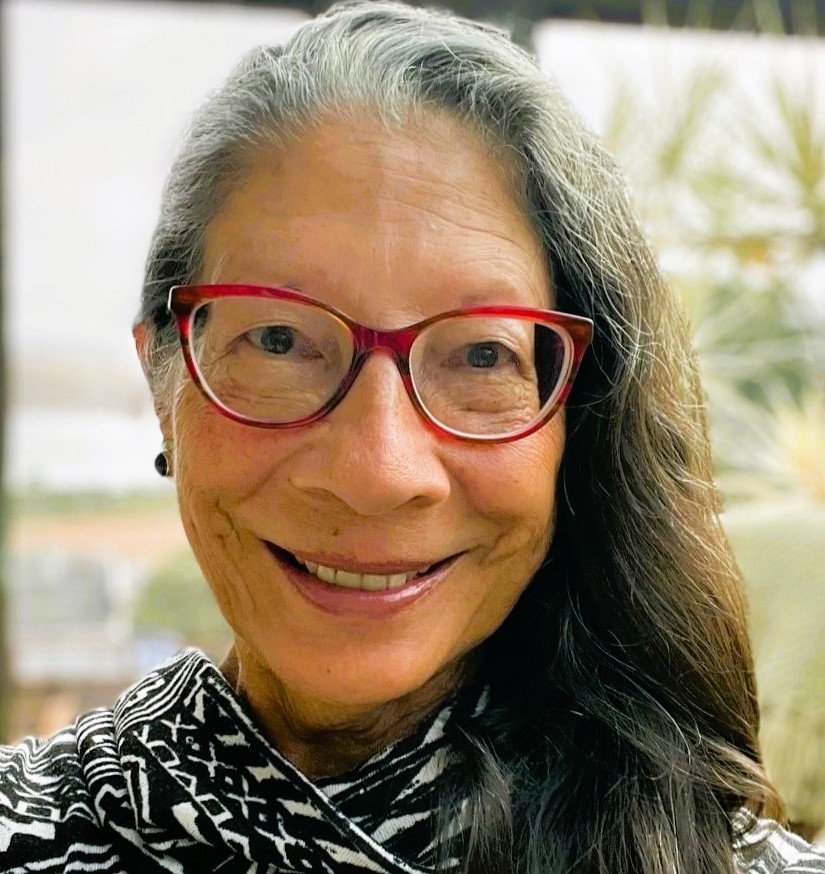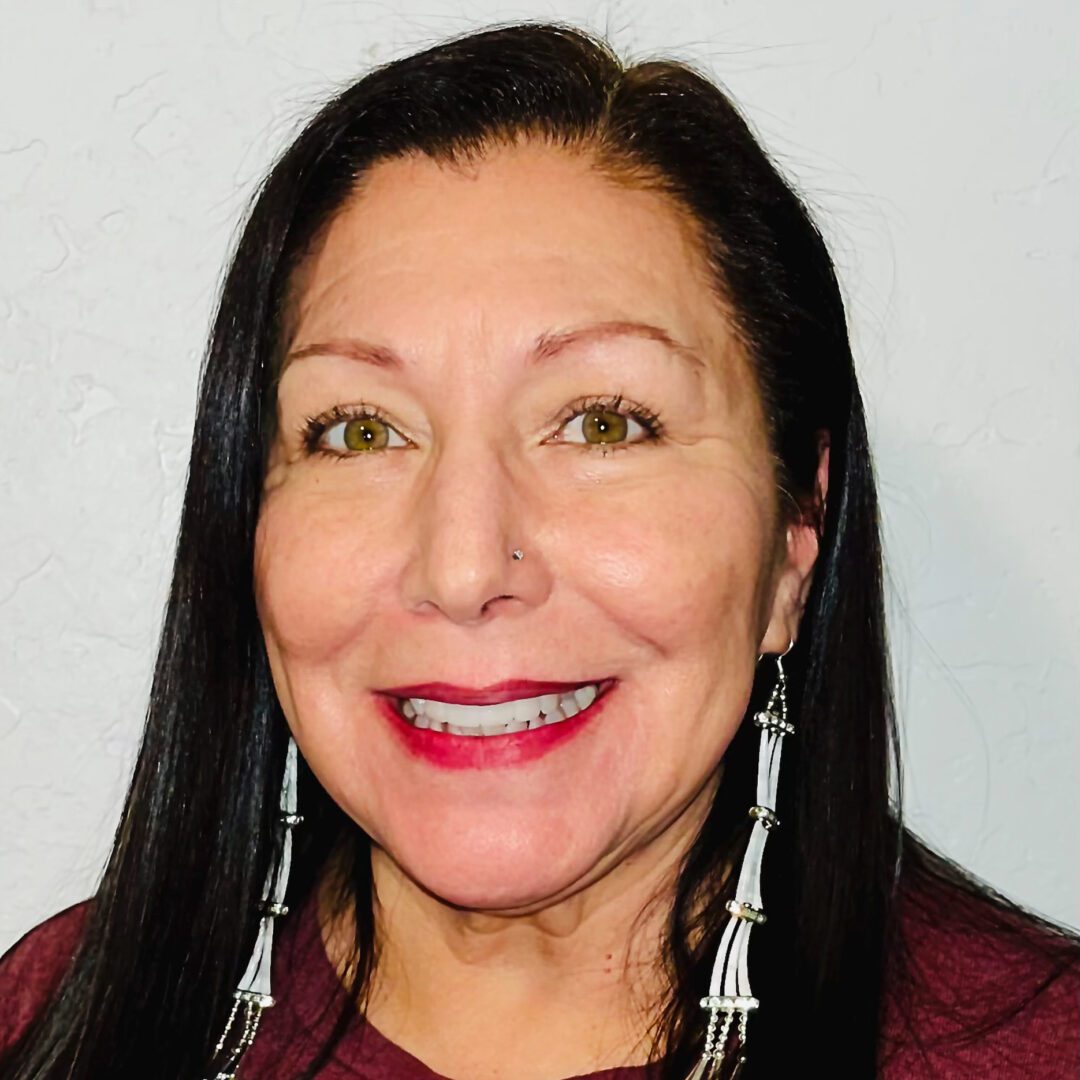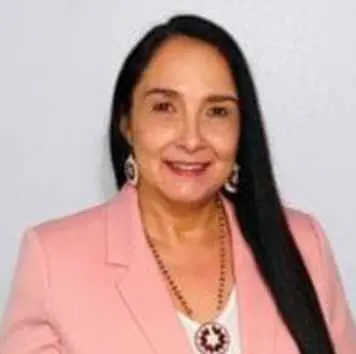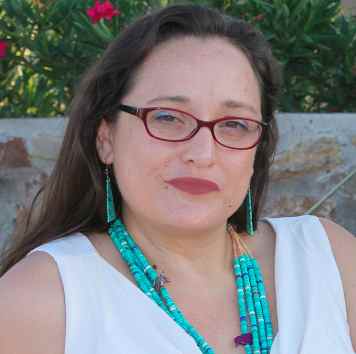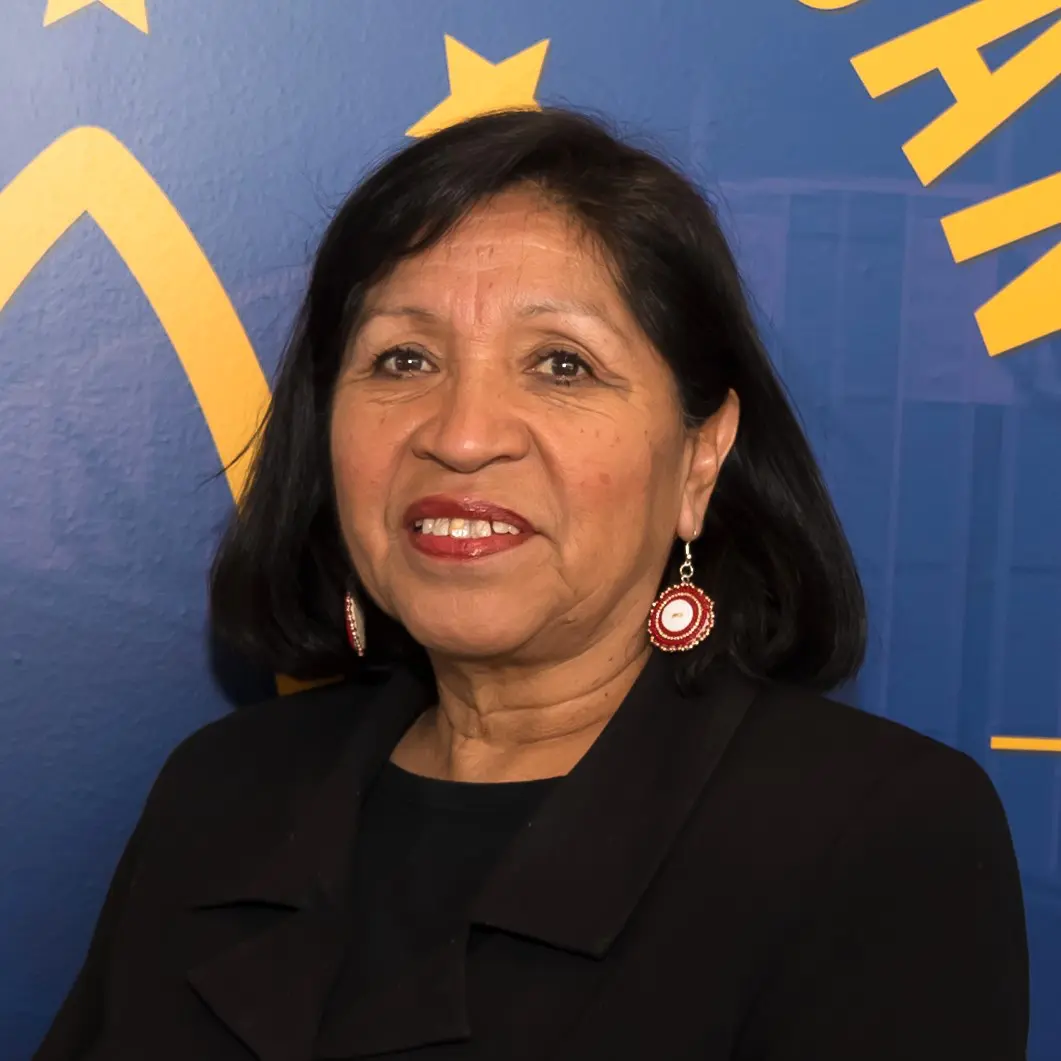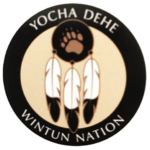About Us
WHO WE ARE
The National Native American Hall of Fame will serve as a unique resource for identifying and honoring contemporary pathmakers, new heroes, and significant contributors to American society.
The major focus of the Hall of Fame will be from the Civil War period up until the present day. This time frame was chosen because the Civil War was a milestone event in Native American history in a unique and “modern” sense because Natives fought on both sides of that national conflict. This phenomenon was happening at the same time that Geronimo and the Apaches, Quanah Parker and the Comanches, and many Plains and western tribes were fighting against U.S. forces in the West.
OUR THOUGHTS
While there are various resources and facilities for learning about Native Americans from the “old times,” it is difficult to find an accurate and comprehensive source to learn about more contemporary Native Americans. America and its Native American people need a place to honor and commemorate the significant contributions and achievements of more recent historical and contemporary Native Americans. Many Native Americans have accomplished “firsts,” others have represented our country, others have fought for it, and many more have become well-known in their fields. However, the majority of Americans, and even most Native Americans, are not aware of the vast array of accomplishments by Native Americans in modern times.
OUR MISSION
To recognize and honor the inspirational achievements of Native Americans in contemporary history.
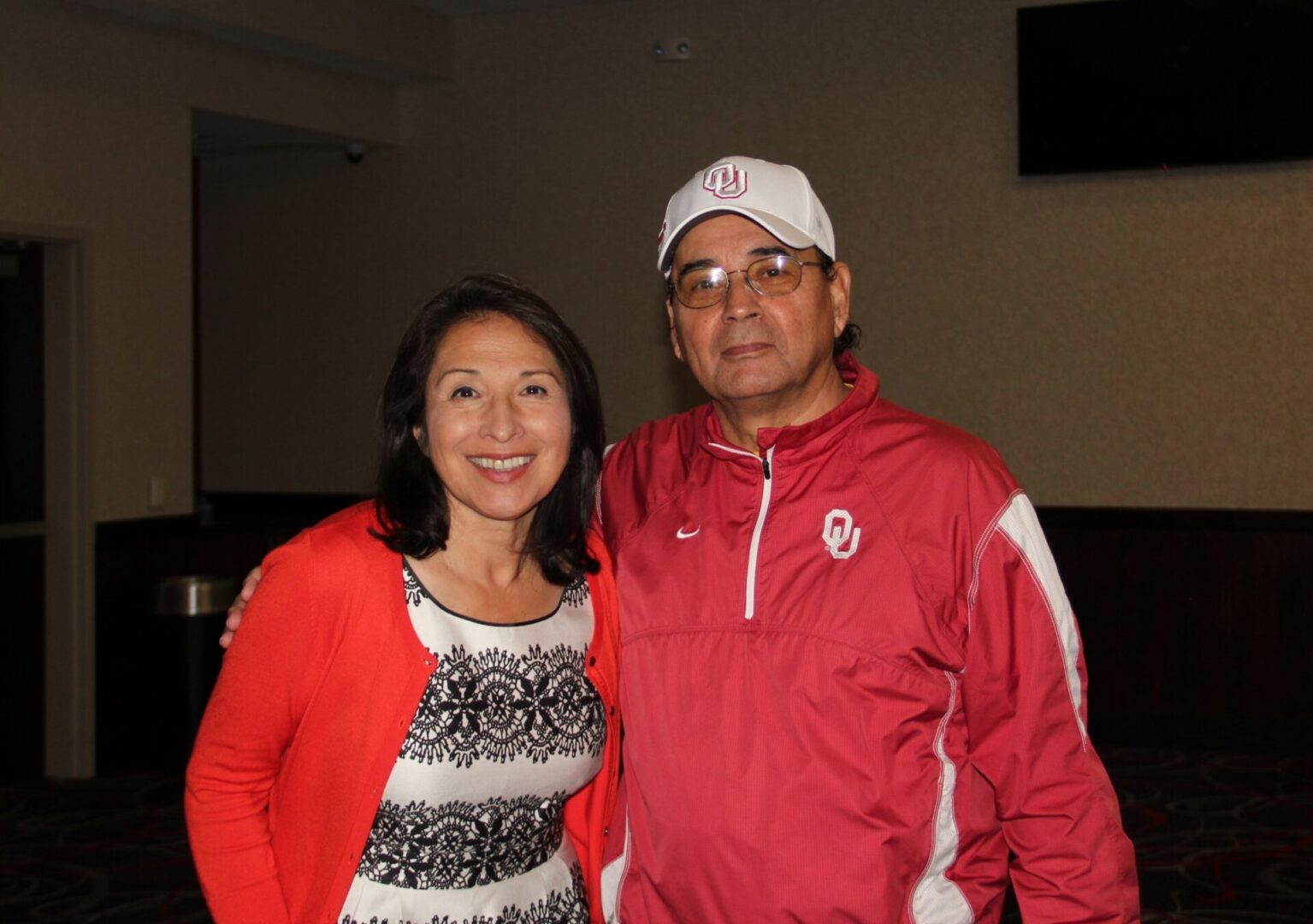
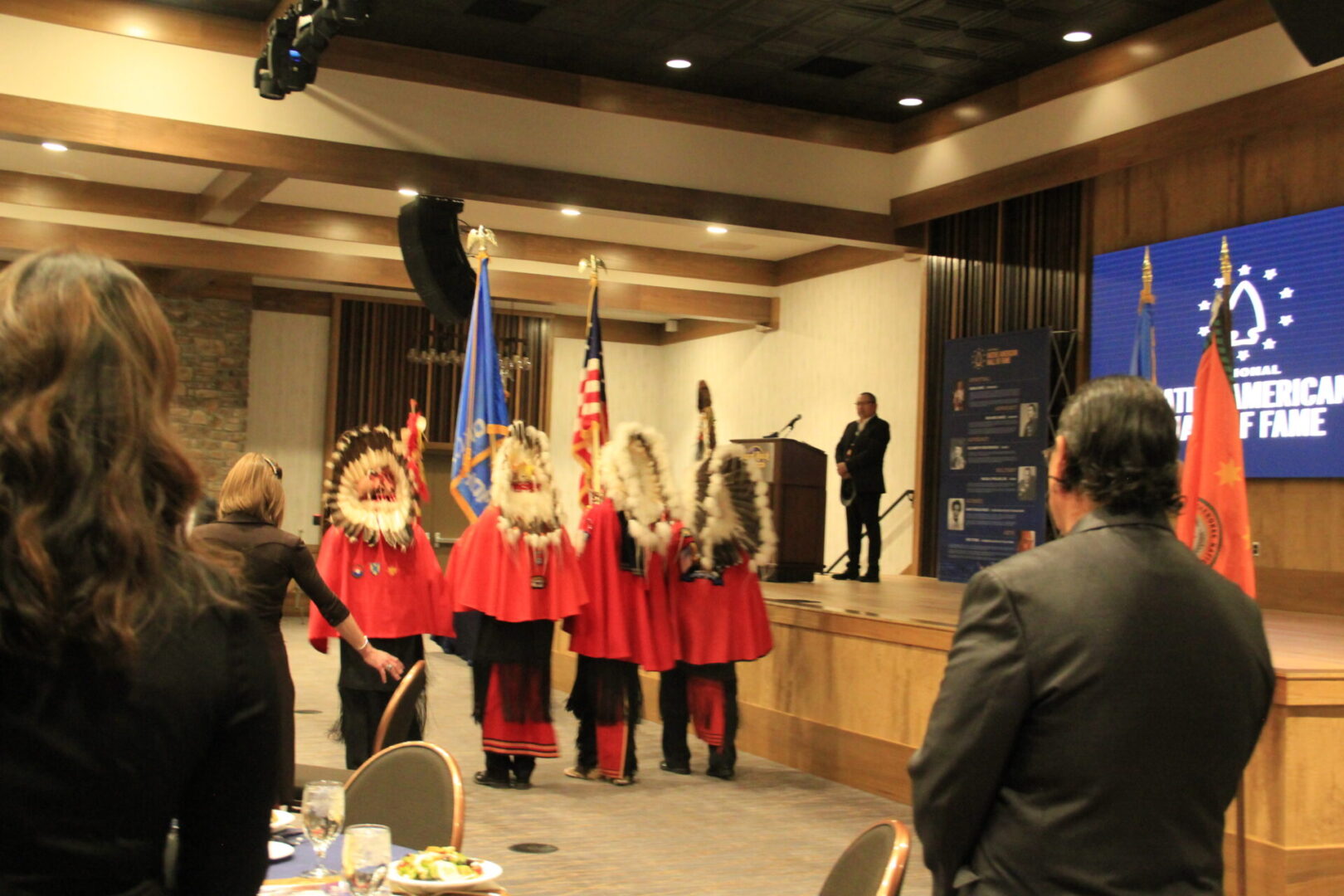
OUR VISION
To establish The National Native American Hall of Fame as a world-class international tourist/visitor destination attraction.
OUR PURPOSE
Honoring Our Pathmakers
The National Native American Hall of Fame will serve as a unique resource for identifying and honoring these contemporary pathmakers, new heroes, and significant contributors to American society.
The National Native American Hall of Fame will help people understand how Native Americans overcame the hopelessness of early reservations, and the trauma of Indian boarding schools, poverty, discrimination, racism, and the cultural divide to not only adapt but to achieve greatness in every field, profession, and industry.
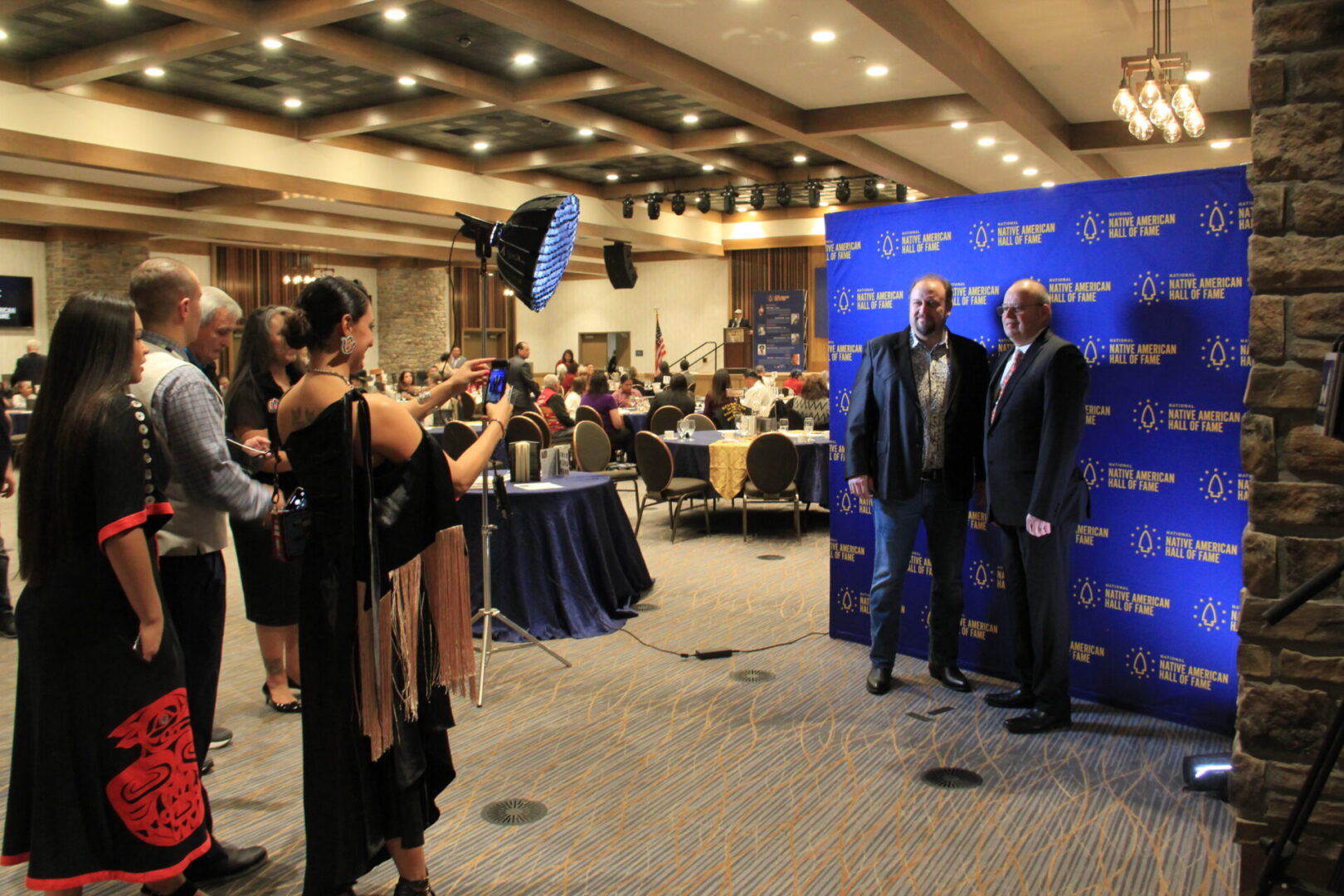

Our History
The National Native American Hall of Fame was established in 2016 by Founder James Parker Shield
“For many years, I felt there were various resources and facilities for learning about Native Americans from the “old times,” it is difficult to find an accurate and comprehensive source to learn about more contemporary Native Americans. America and its Native American people need a place to honor and commemorate the significant contributions and achievements of more recent historical and contemporary Native Americans. The major focus of the Hall of Fame will be from the Civil War period up until the present day. This time frame was chosen because the Civil War was a milestone event in Native American history in a unique and “modern” sense because Natives fought on both sides of that national conflict. The National Native American Hall of Fame will help people understand how Native Americans overcame the hopelessness of early reservations, and the trauma of Indian boarding schools, poverty, discrimination, racism, and the cultural divide to not only adapt but, in many instances, achieve greatness,” states Shield.
Shield traveled to national native conferences seeking support for his idea. As a result, he obtained resolutions of support from the National Indian Education Association (NIEA), American Indian Higher Education Consortium (AIHEC), and the American Indian/Alaska Native Tourism Association (AIANTA).
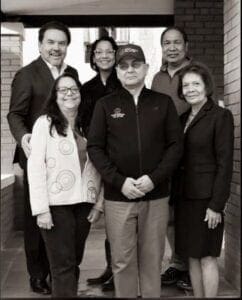
He also attended the National Congress of American Indians (NCAI) and National Indian Gaming Association (NIGA) conventions spreading the word and making contacts on behalf of the Hall of Fame.
The next step was to recruit a national board of directors. The first board member was Dr. Nathanial St. Pierre, President of Stone Child College, followed by Harlan McKosato, who was well known through his work at the radio program, “Native America Calling.”
Another founding board member is Laura Harris, long-term Executive Director of Americans for Indian Opportunity. Liz Hill, who had worked at the National Museum of American Indians (NMAI) in Washington, D.C., also became a founding member, as did Walter Lamar.
With support and encouragement from national organizations and the nucleus of a strong and credible board, the next task was to seek funding to carry out the work of the Hall of Fame.
The Seventh Generation Fund and the NoVo Foundation stepped forward with grant funds in 2017. Hopa Mountain provided valuable training and contacts, as well as guidance.
The objectives are:
- 1 Conduct Annual Induction Ceremonies
- 2 Pursue development of a facility to be the home of the Hall of Fame
- 3 Develop a traveling exhibit
- 4 Develop a Hall of Fame education curriculum
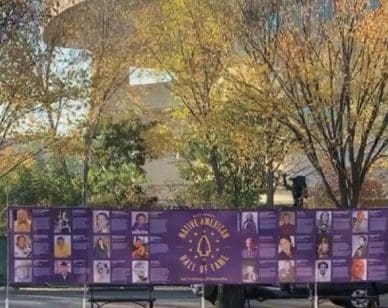
The inaugural Induction Ceremony was held in November 2018 at the former Phoenix Indian School site in Phoenix, Arizona. Twelve notable Native Americans were enshrined.
The second Induction Ceremony was held in November 2019 at the Cherokee Nation-owned Hard Rock Hotel & Casino in Tulsa, Oklahoma. November was chosen as the month for the Induction Ceremonies because it is “Native American Month.”
In 2019, the Hall of Fame received funds to develop its “Inspirational Leadership” curriculum. Twenty-four lessons were developed; one on each inductee. Linked to the curriculum were videotaped interviews of inductees or a family member.
Display panels on all 24 inductees have been exhibited at the 2019 ceremony and on other occasions.
On February 19, 2021, the First Americans Museum, located in Oklahoma City, issued a Press Release announcing they have agreed to collaborate on the development of a permanent home for the National Native American Hall of Fame, currently located in Great Falls, Montana. Both organizations share common goals to advance knowledge and understanding of First Americans and their contributions to the world.
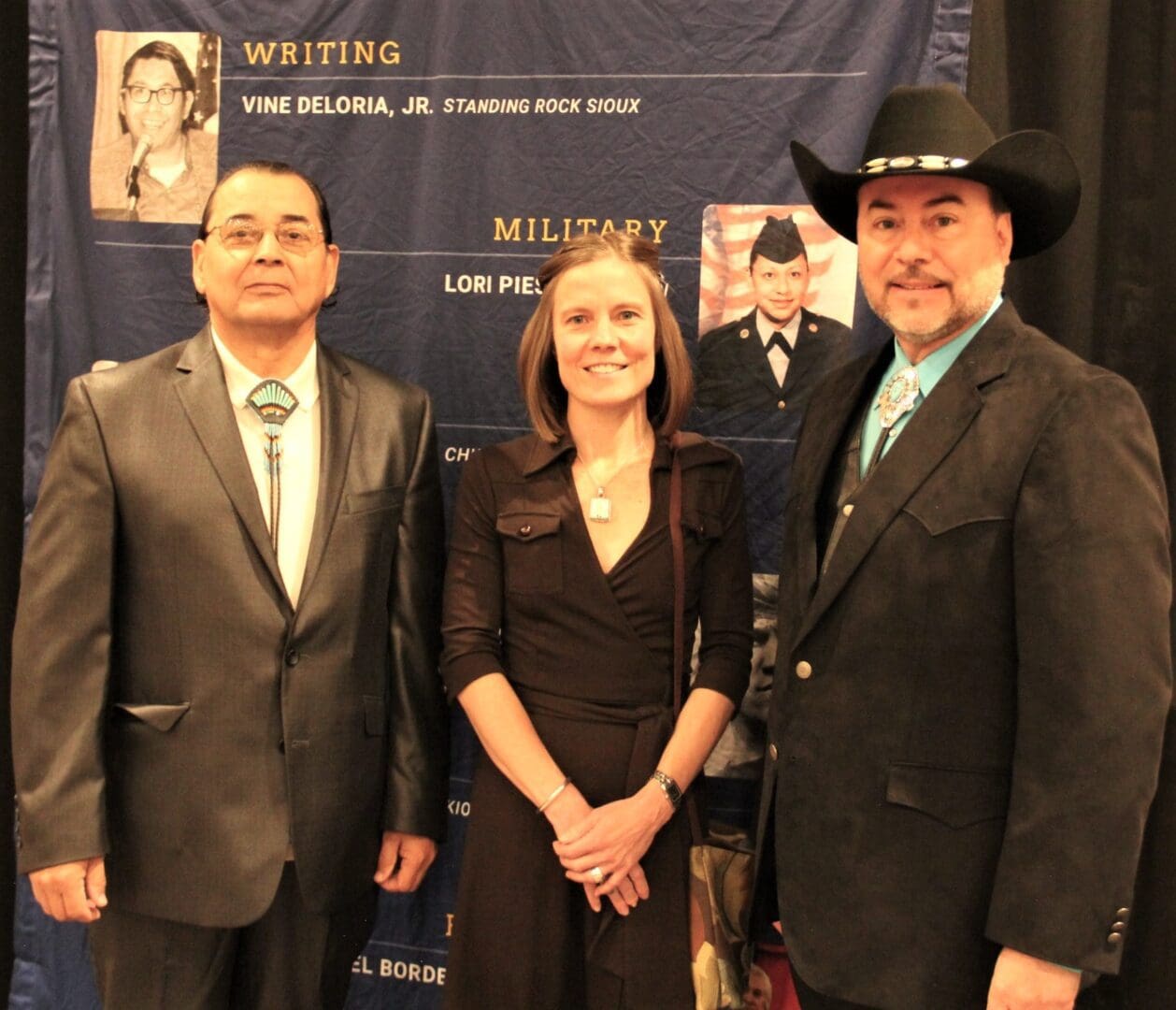
Our Team
Our Multi-tribal National Board of Directors Is comprised of well-regarded Native Americans who bring a broad variety of expertise to the organization
Our BOARD
FRANCES ALVAREZ
Frances Alvarez is Kumeyaay from the San Pasqual Band of Mission Indians. With over 20 years in Tribal Gaming, she has established herself as an industry professional with a focus on regulation and compliance. After her tenure with the San Pasqual Tribal Gaming Commission, she ventured to discover a new field of service in technology. As the VP of Professional Services for Merydyan, she worked with Tribes across the nation helping them rediscover efficient practices through the use of technology. She is currently working with BMM in the Tribal Services Division supporting their unwavering commitment to aide Tribal community development through education and philanthropic efforts.
Frances has been a board member of the Tribal Gaming Protection Network (TGPN) since 2016. In 2020, she was elected to the Chairwoman position where she is currently serving today. Through TGPN, she has played an instrumental role in forming the Women in Tribal Gaming Symposium, an annual event nurturing the professional growth of women in the Tribal gaming industry.
AMANDA CLINTON
Amanda Clinton, owner, and principal of A.R. Clinton: Communications-Strategies-Content, is a three-time Heartland Emmy Award winning producer with experience spanning more than 20 years. Amanda, who serves intermittently as an adjunct professor at her alma mater, Oklahoma State University, has a broad range of expertise including strategic planning, communications and public relations, television and film, political consulting, tribal relations, and public policy.
Amanda has been named to several “Under 40 Lists”, and serves on the Oklahoma Hall of Fame board, the Oklahoma State University Foundation Board of Governors and is Chairwoman of the Arts Alliance Tulsa Board of Directors.
HOLLY COOK MACARRO
Ms. Cook Macarro is an enrolled member of the Red Lake Band of Ojibwe in northern Minnesota, where she was born and raised. She is a partner at Spirit Rock Consulting LLC. Ms. Cook Macarro has significant political and legislative experience in Indian affairs matters, having served as a federal lobbyist and advocate on behalf of many tribal clients since 2001. Holly has successfully secured client appropriations for tribal-specific projects, secured legislation protecting culturally significant tribal lands from development by a major energy company, secured legislation transferring BLM lands to tribal trust lands, and played a key role in the landmark reauthorization of the Violence Against Women Act. Recently, Holly was successful in navigating through the U.S. House of Representatives and the U.S. Senate the first Indian water settlement under the guidelines of the newly created legislative and Administration review process for all Indian water settlements.
Holly has represented clients on such lobbying matters as tribal gaming issues, tribal labor, self-governance, tribal tax issues, law enforcement matters, Indian water settlements, and several client-specific legislative and/or political initiatives that required deep knowledge of both the Congress and the Administration to ensure success. Because of her longstanding and key relationships on Capitol Hill, Holly is particularly adept at managing the Congressional relations for tribal governments and guiding tribal clients in managing their political profiles and priorities.
Prior to joining Spirit Rock, Holly was a Sr. Public Affairs Advisor at Holland & Knight LLP and a partner at Ietan Consulting LLC. Earlier, Holly served as the Director of the Office of Native American Affairs at the Democratic National Committee and in the White House Office of Intergovernmental Affairs. While at the White House, Holly focused specifically on tribal intergovernmental affairs and policy matters and coordinated the first-ever tribal economic development conference hosted by the White House. Holly has served as the national co-chair of the Native Vote initiative at the National Congress of American Indians (NCAI) and in strategic and tribal outreach capacities for several Congressional and Senate candidates. Holly has also played a key tribal role in advising Democratic Presidential campaigns for nearly 20 years – helping to develop candidate policies on Indian Country issues and providing political guidance to the campaigns regarding tribal governments.
As a nationally recognized expert on tribal legislative and political matters, Ms. Cook Macarro is frequently invited to speak at tribal conferences and events, including the National Congress of American Indians, the National Indian Gaming Association, the California Nations Indian Gaming Association, Women Empowering Women for Indian Nations, Native America Calling, the Tribal Association of Sovereign Indian Nations, United National Indian Tribal Youth, and has been an invited contributor to the nation’s leading tribal media outlet, Indian Country Today.
Holly also serves the tribal community in a volunteer capacity as the President of the Board for the American Indian Graduate Center (AIGC), the premier national resource for funding and administering Native student scholarships in Indian country.
Holly is a graduate of the University of North Dakota with a BBA and the University of St. Thomas (St. Paul, MN) with an MBA.
MIKE ANDERSON
Michael J. Anderson has practiced Federal Indian law for over thirty-five years in Washington, DC. Prior to his tenure in private law practice, Mr. Anderson served for eight years as Acting Assistant Secretary and Deputy Assistant Secretary for Indian Affairs (1995-2001) and previously as Associate Solicitor for Indian Affairs (1993-1995). Mr. Anderson has testified before Congress over two dozen times. Prior to joining the Administration, he served as Executive Director of the National Congress of American Indians (1991-1992). He has also served as General Counsel to the U.S. Senate Committee on Indian Affairs, Special Committee on Investigations (1989-1990). Mr. Anderson has also served as an adjunct Professor at American University.
In 2009, Mr. Anderson was named by Global Gaming Business Magazine as one of the "Ten Most Influential People in Gaming." Mr. Anderson has owned and managed Anderson Indian Law in Washington, DC since 2012. In 2019, he was the recipient of a Lifetime Achievement Award by the DC Native American Bar Association. Recently he has expanded his practice to include film financing and Hollywood film production. He is a graduate of Georgetown University Law Center (JD1984) and the University of Oklahoma (BA 1980). He is a citizen of the Muscogee (Creek) Nation, licensed to practice in Washington, D.C.
ELIZABETH HOMER
Elizabeth Lohah Homer, a member of the Osage Nation of Oklahoma, completed a three-year term of appointment as Vice-chair of the National Indian Gaming Commission prior to establishing Homer Law Chartered. A proponent of collaborative rulemaking, Ms. Homer was instrumental in effecting tribal involvement in the Commission’s regulatory processes through the establishment of tribal advisory committees and other consultative activities during her tenure with the Commission.
Ms. Homer has had a distinguished career in public service. She served as the Director of the Office of American Indian Trust at the U.S. Department of the Interior where she worked closely with tribal governments and federal policy makers to advance issues and policies of concern to American Indian and Alaska Native tribal governments as well as Native Hawaiians.
As the Director of the Office, she supervised the implementation of a number of Administration policy priorities in the areas of tribal natural and cultural resources, consultation, and negotiated rulemaking, including President Clinton’s Executive Orders regarding Sacred Sites and Tribal Consultation. A recognized authority on federal Indian law and policy, she also served on several U.S. diplomatic delegations to the United Nations and the Organization of American States on matters concerning the civil and political rights of indigenous peoples.
She began her legal career with the Office of the District Attorney for the Second Judicial District of New Mexico where she prosecuted violent felony offenses before joining the Criminal Division of the U.S. Department of Justice. While at the Justice Department, her work to increase the investigation and prosecution of crimes against children in Indian Country earned her one of the Division’s highest awards for special initiative. She also served on the Attorney General’s Task Force on Violent Crime and as the Criminal Division’s representative to the Indian Affairs Sub-Committee of the Attorney General’s Advisory Committee of U.S. Attorneys.
Upon completion of a Bachelor of Arts degree in Political Science at the University of Colorado - Boulder, Ms. Homer joined the Osage Nation staff. Later, she accepted a position with the policy arm of the Council of Energy Resource Tribes, a consortium of energy producing tribes, where she primarily focused on environmental issues pertaining to non-renewable energy resource development. She went on to serve as Deputy Director of Americans for Indian Opportunity, a national organization addressing emerging issues of relevance to tribal governments.
Ms. Homer earned her Juris Doctorate degree from the University of New Mexico. She is a member of the State Bar of New Mexico and the Bar of the District of Columbia. She is also admitted to practice before the Federal District Court for the District of Columbia, the Federal Court of Appeals for the District of Columbia, the Federal District Court for the District of New Mexico, and the Federal District Court for the Northern District of Oklahoma as well as numerous tribal courts.
RICHARD TRUDELL
Richard Trudell is from the Santee Sioux Nation and was the founder and executive director of the American Indian Lawyer Training Program (AILTP) and its American Indian Resources Institute (AIRI). Under Trudell’s direction and vision, AILTP was established in 1973 and implemented a variety of innovative programs throughout the 1970s, 1980s, and 1990s. In 1974, AILTP launched its premier publication the Indian Law Reporter (ILR). In 1990, U.S. Senator Daniel K. Inouye from the State of Hawaii asked Trudell to bring together 40 to 50 tribal leaders to spend a day with him so he could learn firsthand about the needs and issues facing tribes. After that small gathering of tribal leaders, Trudell organized and facilitated over twenty-five tribal leaders’ forums around the country and in the United States Senate with the goal of shaping a legislative framework for developing an agenda for Indian Country. Trudell has served on governing and advisory boards of numerous organizations, including the Robert F. Kennedy Memorial, the national board of directors of the Legal Services Corporation under an appointment by President Jimmy Carter, the Presidio Council of the Golden Gate National Park Service in San Francisco, and the Native American Rights Fund. Trudell is a veteran and received a degree in accounting and a law degree.
E. SEQUOYAH SIMERMEYER
With extensive experience in public policy across a diversity of federal administrations, Mr. E. Sequoyah Simermeyer serves as the Vice President for Strategic Partnerships at FanDuel, a global leader in the sports betting industry’s growth and innovation. Sequoyah’s work includes a focus on sustaining tribal gaming’s role as a powerful governmental tool for strengthening tribal economic development, as well as tribal governmental capacity to serve tribal citizens. Sequoyah is the former Chairman of the National Indian Gaming Commission, the federal regulatory body for Indian gaming’s over $40 billion industry. He led the federal regulatory perspective on tribal gaming at the national level during significant federal agency regulatory reform, throughout COVID's historic impacts on the gaming industry, amid unprecedented increases in cybersecurity threats to national industries, and during policy formation soon after the Supreme Court of the United States struck down the Professional and Amateur Sports Protection Act of 1992. Sequoyah’s respected professional and academic experience in the field of federal Indian law and policy also includes serving in additional federal agency executive leadership roles, advising members of the U.S. Senate, advocating for Indigenous Peoples’ rights in international fora, and facilitating a national collaboration project aimed at improving the effectiveness of inter-governmental negotiations and partnerships between state legislators and elected tribal leaders. Sequoyah is a graduate of Cornell Law School, Vermont Law and Graduate School, and Dartmouth College. Mr. Simermeyer is an enrolled member of the Coharie Indian Tribe in North Carolina.
OSCAR S. SCHUYLER
Oscar S. Schuyler, a proud member of the Oneida Nation of Wisconsin, is an experienced leader in gaming regulation and operations with over three decades of experience working in tribal gaming regulation, gaming equipment/software operation and testing, back of the house systems, and surveillance. He has led large regulatory and gaming security departments, engaged in years of productive intergovernmental efforts with non-tribal counterparts, supported key regulatory vendors in the industry, served as an officer for both national and state tribal gaming regulatory organizations, served as a consultant providing training for casino employees, participated as a speaker for NIGA certification trainings, and developed and presented curricula for college-level casino gaming courses.
Mr. Schuyler has first-hand experience addressing the needs of the Indian gaming industry from an operations and regulation standpoint, and the skills to address those needs through respectful engagement with tribal leadership, gaming management, and regulators. Over Mr. Schuyler’s 30-year career in Indian gaming, he has developed a well-deserved reputation for strong, fair, and knowledgeable leadership in both the gaming operations and gaming regulation spaces, effective management skills with large operations and regulatory teams, and respectful and productive relationships with federal, state, and local agencies.
Mr. Schuyler began his career in gaming in 1992 working as a surveillance officer for the Oneida Nation and was promoted to the position of Surveillance Director two years later. While Surveillance Director, Mr. Schuyler was instrumental in developing, implementing, and overseeing the training program for new Surveillance associates. In 2002, Mr. Schuyler was elected as a Gaming Commissioner for the Oneida Nation Gaming Commission where he served until 2010, holding the positions of Commissioner, Vice Chairman, and Chairman for the Commission.
For 7 years, Mr. Schuyler served as the Executive Director of the Morongo Gaming Agency where he oversaw licensing of 1800 team members, 347 vendors, and a gaming establishment with over 4800 gaming devices and approximately 60 tables. He effectively maintained a good working relationship with tribal, local, state, and federal agencies and a high level of compliance with all entities on a daily and on-going basis. And more recently, Mr. Schuyler has served as the Executive Director of the Alabama Coushatta Tribe of Texas’s Gaming Agency where he oversees 19 team members comprising the Licensing/Backgrounds, Compliance, and IT departments, oversees day-to-day operations of the Tribal Gaming Agency to ensure that the Tribe’s government gaming activities are fully compliant with all federal and tribal laws and regulations, and works cooperatively with the Tribe’s gaming management team to ensure that fully compliant gaming activities maximize financial benefit to the Tribe.
In 2009, Mr. Schuyler was elected to serve a two-year term as the Vice Chairman for the National Tribal Gaming Commissioners/Regulators (NTGC/R) and served several years as the NTGC/R Midwest Delegate. In this capacity, Mr. Schuyler presented issues and concerns of the Midwest Tribes at NTGC/R meetings. Mr. Schuyler also served as the Chairman of the Wisconsin Indian Gaming Intelligence Association. This organization, comprised of the 11 Wisconsin tribes, meets throughout the year for training and networking, and to discuss issues affecting Indian gaming. Mr. Schuyler was also the first Chairman of the Board of Directors for EagleIntel, (now known as the Tribal Gaming Protection Network) of the Indian Gaming National Intelligence Network, launched by the National Indian Gaming Association (NIGA) and was one of four founding/managing partners of International Casino Surveillance Network, located in Reno, Nevada.
Mr. Schuyler has served as an adjunct instructor with Northeast Wisconsin Technical College where he helped develop the curriculum for a Native American Gaming Associate Degree program. He also facilitated surveillance classes for the Gaming Management Series offered by the University of Nevada/Reno. Mr. Schuyler has served as an instructor for NIGA certification classes and has presented at numerous conferences in Indian Country speaking on surveillance and regulatory topics.
PATRICIA GERARD
Pat Gerard, an enrolled member of the Blackfeet Nation of Montana, brings four decades of professional experience working in the Native American field, including over twenty years of experience in Indian financial trust management. Ms. Gerard’s trust management expertise comes from the number of senior-level roles she has held in the Office of Special Trustee for American Indians including, Deputy Director for Office of External Affairs, working as a tribal account manager, and branch chief in the OST Division of Quality Assurance. She retired from federal service in May 2014.
IN MEMORIAM
HARLAN MCKOSATO
The National Native American Hall of Fame Board of Directors Statement Honoring the Life and Contributions of Founding Board Member Harlan McKosato
(GREAT FALLS, Mont., July 23, 2020) — Harlan McKosato (Sac and Fox Nation) was a media trailblazer. He was often referred to as the “Voice of Native America” and was a Native icon who projected a stirring national voice across Indian Country. Harlan spoke to and for, Native people behind the microphone for the internationally-syndicated Native America Calling in a way that resonated across racial, ethnic, religious, and political lines. He stimulated important conversations and raised greater awareness about our Native communities and lifeways.
With energy and brave enthusiasm, Harlan was able to highlight and describe the beauty of our cultures and contemporary identities as well as give the outside non-Indigenous world a sense of the obstacles we face, including the challenges, battles, and victories of our peoples throughout time up to the present day. The expansive network he developed through his radio journalism, freelance writing, and his many other media endeavors drew additional and much-needed attention to critical social and health issues, burgeoning tribal economies, and the immense achievements of Native individuals and Native nations.
Harlan was instrumental in helping to establish and expand the National Native American Hall of Fame’s Board of Directors and served as a founding board member. His lifelong efforts to support and promote the cultures, histories and contemporary issues of Native peoples stand as a testament to his dedication and commitment and to his desire to give this organization a strong presence in Indian Country.
The Board of Directors of the National Native American Hall of Fame honors Harlan for his amazing and dedicated service. We have wonderful memories of him. At the first National Native American Hall of Fame induction ceremony in Phoenix, Arizona in 2018, as the honorees arrived and saw Harlan, there were joyful reunions, indicative of his extensive network across Indian Country, his sincere and energetic personality, and, indeed, of his celebrity status. Everyone knew and loved Harlan. Harlan served as our Master of Ceremonies that year. His instantly recognizable voice brought the honorees, their families, and the audience to a place where all of us were united as relatives and felt immediately at home.
We, the National Native American Hall of Fame Board of Directors, are proudly donating to the UNITY journalism scholarship fund that has been named in Harlan’s honor. The scholarship will support the educational pursuits of those following the trail he blazed throughout his life.
The Board of Directors sends heartfelt condolences to the McKosato family, and as his body is returned to Mother Earth, we wish our brother a peaceful journey. May his spirit and soul continue to live on in the words he wrote and the voice he transmitted over the radio airwaves.
In a 2017 Indian Country Today article, Harlan wrote about death and dying and Native beliefs about an afterlife, including mourning rituals and other customs surrounding death. “Death is known to many tribal peoples here on Turtle Island as the Great Mystery – because it is mysterious. We have our beliefs about what happens when we die, but most of us are not 100 percent sure. I have faith that there is an afterlife…,” he wrote. Harlan’s voice has gone silent, but as he journeys to the beautiful afterlife of his ancestors, we are and will remain forever thankful that he came our way.
OUR STAFF
JAMES PARKER SHIELD
Shield was the first Native American to serve on the staff of the Montana Governor’s Office. He also was appointed by the Governor as State Coordinator of Indian Affairs. Shield also served as a staff member for a Montana congressman. He directed a number of Native American programs, published a state-wide magazine, “Native Montana,” and co-hosted Montana’s first Native television program, “Indian Country.” Shield was the first Native to write a regular column for a major newspaper in Montana.
CLICK HERE to read more about The Man Behind the Native Hall of Fame.
PEG GERARD
Peg Gerard, an enrolled member of the Blackfeet Nation of Montana, provides project management, best practice, quality assurance and technical services to support the Hall of Fame website, organizational goals, and management reporting. Peg’s education includes computer technology and project management. Her professional experience includes working for NASA, the National Institutes of Health, USPS and Visa, Inc. She successfully has managed technical teams and partnered with business area experts in the design and delivery of small- and large-scale technology solutions supporting HR, Payroll, Finance, Treasury, Executive Reporting and Office Automation.
Peg enjoys volunteer work, traveling, knitting, reading, and spending hours in the kitchen preparing international cuisines.
CHERYL ANQUOE
Cheryl is a member of the Kiowa tribe of Oklahoma. Her Kiowa name is Ahpahlohm which means, "take a chance" this was her late grandmother, Lois Given Anquoe's Kiowa name. Cheryl worked in the Natural Gas industry for over 34 years and retired as a Sr. Measurement Analyst in 2015. Before joining the Hall of Fame, she worked as a consultant for Peak AI Solutions, a Houston-based Natural Gas Chart Processing company. Cheryl is a Freelance Photographer and also does website design.
She has served on the Board of Directors for the Jacobson House Native Art Center and Indian Falls Creek Family Camp and has worked in many other non-profit organizations and ministries over the years, including Kiowa Kids Native Language Program, Celebrate Recovery, Circle of Nations Christian Conference, Fellowship of Native American Christians, Morningstar Native Dance Ministry and served as Chairwoman/Director of Changing Winds Cultural Society, sponsor of the annual Miss, Jr. Miss and Little Miss Indian Oklahoma City Competition and Performance and the Oklahoma City Native Royalty. Cheryl became involved with the National Native American Hall of Fame when she was hired to photograph the 2021 Hall of Fame Induction Ceremony in Oklahoma City.
TINA BEGAY
Tina earned a Master’s in Business Administration (M.B.A) and Bachelor of Science in Business from The University of Montana. Tina owns Redtail Enterprises, LLC a business consulting and accounting services company. She also serves as the Lead Business Trainer for Sister Sky Inc. Tina has ten years of teaching experience at Salish Kootenai College’s business program where she also served as Department Chair. She taught a wide range of business courses from Introduction to Business to Tax. Prior to her academia career, Tina was the Executive Director of the National American Indigenous Business Leaders (AIBL) Program for ten years. She has over twenty years of experience in non-profit strategic planning, accounting, fundraising, management, and development. She has extensive experience working with entrepreneurs including business plan construction, financial statements projections, personal financial planning, and tax preparation.
Tina serves as Treasurer for the Lake County Friends Forever Mentoring Board of Directors. Tina is Navajo; she is born for the Water’s Edge and Salt Clans from Rock Point, Arizona. Tina and her husband have five beautiful children and nine grandchildren. Tina enjoys beading, sewing, and working in her yard.
DEANNA AQUIAR
Ms. Deanna Aquiar is an enrolled member of Ysleta Del Sur Pueblo (Tigua) presently residing in Albuquerque, New Mexico. Ms. Aquiar has a strong business acumen with experience in economic development, banking and finance, federal procurement, small business development, program management and grant writing. Her work has strengthened opportunities for business through governance and institutional policy and her support of native sovereignty has furthered the sustainability of community resources. Her professional accolades include the Honoring Nations Award from the Harvard Project on Native American Economic Development for her contribution to the Tigua Economic Revitalization Project and the establishment of the Navajo Telehealth Network. Ms. Aquiar proudly offers her knowledge and experience in support of the National Native American Hall of Fame and its efforts to further the visibility of Native Americans in our modern society
TRESA GOUGE
Ms. Tresa Gouge is enrolled Mvskoke Creek, and Seminole descendant and is Ecovlke (Deer Clan). As a Cultural Educator, she remains very active in her Mvskoke culture and traditional ways and loves the art of sewing Seminole patchwork. She has a great passion for working with youth and elders and has organized many cultural workshops, retreats, and events throughout Indian Country. As an Educator she has helped facilitate interpretive programs for the First Americans Museum, and loves learning the rich history of all tribes. She has always believed that Native stories should be respectfully told and handled sensitively by Native people. She continues to aid with many educational projects and public presentations on culture, and contemporary life, to ensure the integrity of the information dispersed to the public. She is very honored to be a part of the National Native American Hall of Fame.

